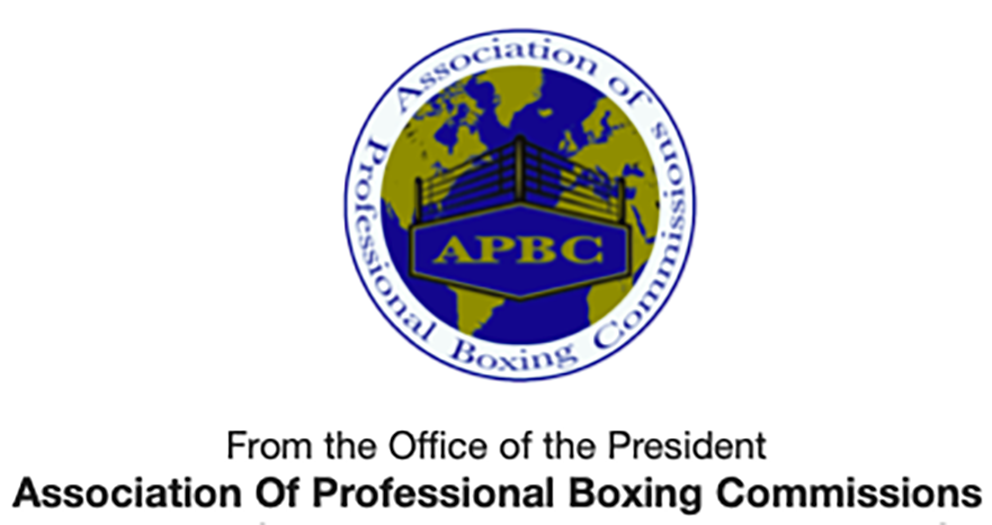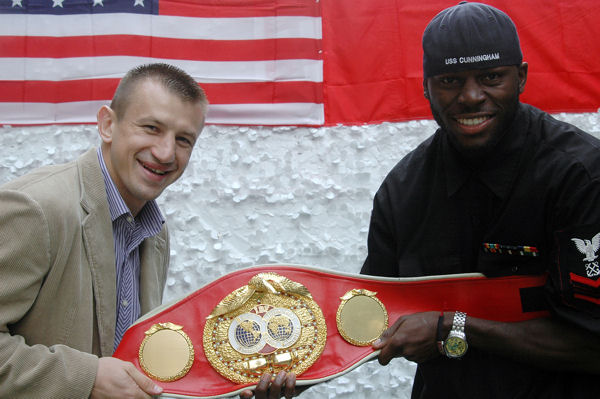
During recent discussions between APBC member commissions, with regard to the press reports that the California State Athletic Commission support and approve the proposed Muhammad Ali American Boxing Revival Act, there was a clear consensus by the members of the Association of Professional Boxing Commissions (APBC) to unanimously disagree with the California Commission and vehemently object to the proposed H.R. 4624 Muhammad Ali American Boxing Revival Act, a bill that was proposed by Representatives Mr Brian Jacks (R – Georgia) and Ms Sharice Davids (D – Kansas), stated as for the purpose of amending the Professional Boxing Safety Act of 1996 to establish requirements for unified boxing organizations, to further enhance the well-being of professional boxers, and for other purposes.
APBC President Mr Albert Low, the former Chairman of the Michigan State Boxing Commission, said “It is clear that the members, as well as the board, of the APBC are unified in their objection to this abomination of an act, that literally will reverse all the good the original Muhammad Ali Boxing Reform Act has done for the protection of the boxers from unscrupulous managers and promoters.
“The original Professional Boxing Safety Act of 1996 and the later Muhammad Ali Boxing Reform Act of 2000 were specifically written to prevent organisations like the T.K.O. Group from having absolute control to ensure boxers are protected from the very conflicts of interests the latest T.K.O. amendment risks bringing back.
“The Muhammad Ali Boxing Reform Act made it illegal for a promoter to act as a manager and required full financial transparency from promoters and sanctioning bodies. It was designed to keep the business side of boxing honest, or at least transparent, and to give fighters the information and freedom to make the best decisions for their careers.
“This so-called Revival Act, however, is a disgrace as it will open the door for self serving “Unified Boxing Organisations” (UBOs) to operate outside the current sanctioning framework, effectively allowing one corporation, in this case T.K.O. Group, to both regulate and promote under its own banner.
“In other words this will allow T.K.O. to act within professional boxing in the same way it already does in mixed martial arts, that is control the talent, the titles, the schedules and the pay.
“We need to learn from past mistakes, we must prevent this disgrace of an act becoming law, otherwise the boxers will potentially suffer exploitation, one-sided contracts and lack of pay transparency in the future, which are the inherent dangers of allowing one company to dominate the marketplace.”







